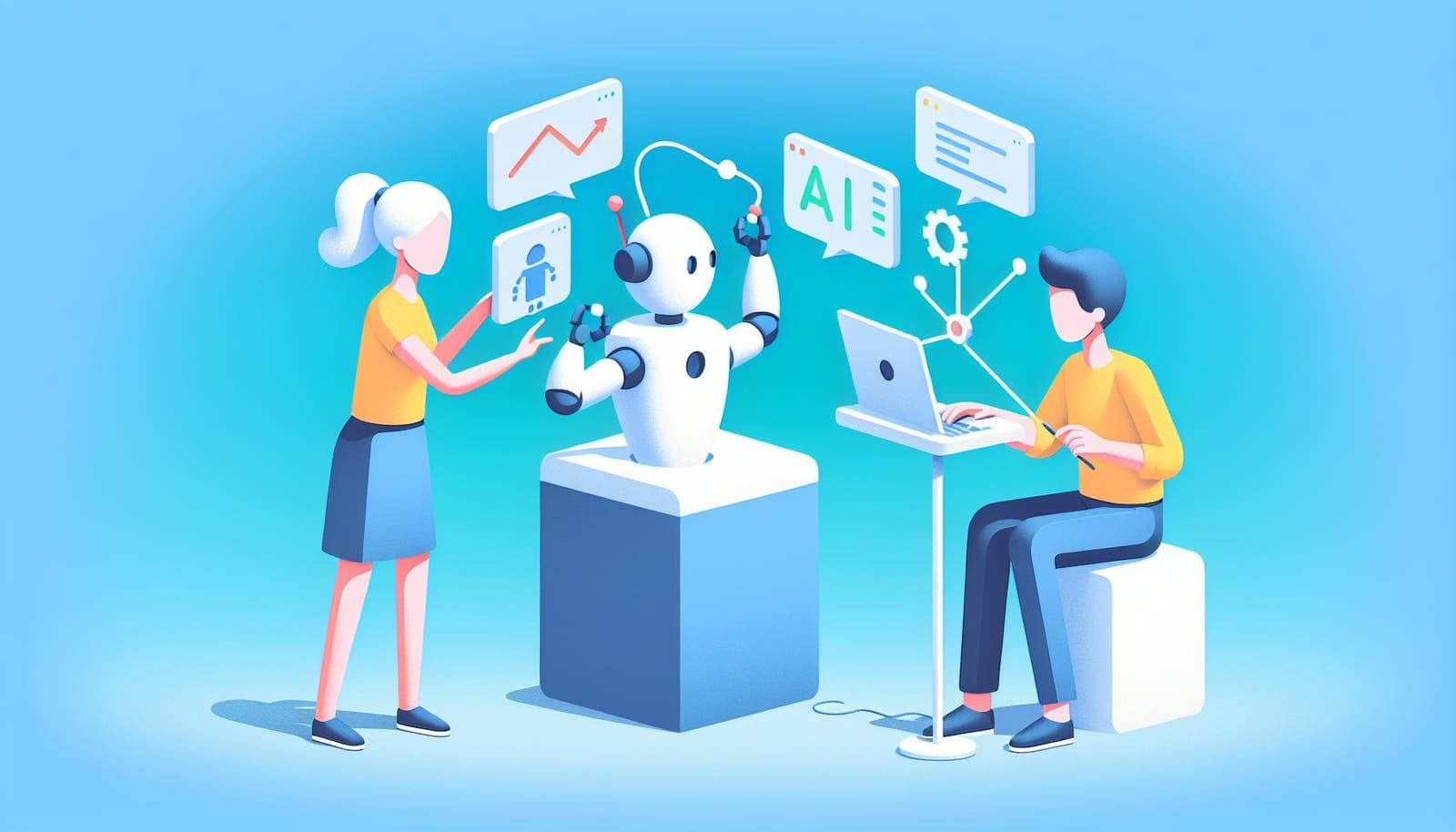Artificial Intelligence (AI) is transforming many parts of our lives, and one of the most fascinating areas it touches is religion, particularly in the translation and study of sacred texts. This article will explore how AI helps bridge language barriers, enhance understanding, and provide tools for spiritual growth. Whether you’re a student of religion, a curious observer, or someone seeking deeper knowledge, you’ll find the developments in this field both inspiring and exciting.
The Role of Sacred Texts in Religion
Sacred texts are the foundation of many religions around the world. They contain teachings, stories, laws, and philosophies that guide followers in their faith. From the Bible in Christianity to the Quran in Islam and the Bhagavad Gita in Hinduism, these texts are rich in meaning and significance.
However, these texts are often written in ancient languages that can be difficult to understand. For example, the Bible was originally written in Hebrew, Aramaic, and Greek, while the Quran was revealed in classical Arabic. Understanding these languages can be a daunting task for many. This is where AI comes in to lend a helping hand.
How AI Translates Sacred Texts
AI translation tools, such as machine translation models, have made significant strides in recent years. These tools can analyze text, understand context, and provide translations that are more accurate than ever before.
One of the key technologies behind AI translation is called Natural Language Processing (NLP). NLP allows computers to understand human language in a way that is both meaningful and useful. For example, AI can distinguish between different meanings of words based on their context, making translations clearer and more precise.
Enhancing Understanding Through Study Tools
In addition to translation, AI is also revolutionizing the way we study sacred texts. Imagine having a personal study assistant that can answer your questions, provide explanations, and even suggest related passages! AI-powered study tools can help individuals explore the depths of sacred texts in an interactive and engaging way.
For instance, AI can analyze the text to identify themes, key concepts, and connections between different parts of the scripture. This helps readers gain a broader understanding of the material and encourages deeper contemplation. With these tools, anyone—from beginners to advanced scholars—can embark on a journey of discovery through their faith's teachings.
Creating Accessible Resources
One of the biggest challenges with sacred texts is accessibility. Many people want to learn about their faith but may not have the resources or the background knowledge to start. AI can help by creating accessible resources that cater to diverse audiences.
For example, AI can generate summaries of complex texts, provide audio versions for those who prefer listening, or even create visuals and infographics to illustrate key points. These tools can make learning more engaging, especially for younger audiences or those who may struggle with traditional reading methods.
The Global Impact of AI on Religious Studies
AI's impact goes beyond individual study; it also facilitates global conversations about faith. By providing accurate translations and insights into sacred texts, AI enables people from different cultures and backgrounds to engage with each other's beliefs. This fosters understanding, respect, and dialogue among various religious communities.
Imagine a Christian in the United States reading the Quran alongside a Muslim in Egypt, both using AI-assisted tools to understand the texts better. This kind of engagement can break down barriers and build bridges between different faiths, promoting peace and collaboration.
Ethical Considerations in AI and Religion
While the benefits of AI in religious studies are immense, it’s important to discuss the ethical considerations as well. The use of AI in translating sacred texts raises questions about accuracy, interpretation, and potential biases. AI is only as good as the data it is trained on, so it’s essential to ensure that the training data is diverse and representative of various perspectives.
Additionally, users must remain aware that AI does not possess the spiritual insight or personal experience of a human teacher. While AI can assist in translation and study, it cannot replace the wisdom found in community discussions or personal reflection.
The Future of AI in Religion
As technology continues to evolve, the potential uses of AI in religion will expand even further. Future developments may include more advanced AI that can understand cultural nuances, emotional tone, and contextual frameworks of sacred texts.
Imagine an AI that can engage in meaningful conversations about faith, providing insights and asking thought-provoking questions to deepen understanding. This could change the way religious education is approached, making it more interactive and personalized.
Furthermore, as more sacred texts are digitized, AI will play a crucial role in preserving these texts for future generations, ensuring that their wisdom is accessible to all.
AI is reshaping the landscape of religious studies by enhancing the translation of sacred texts and providing innovative tools for exploration and understanding. These advancements are not only making religious knowledge more accessible but also fostering dialogue and collaboration among diverse faith communities.
As we look to the future, the intersection of AI and religion holds great promise. By embracing these tools responsibly, we can empower individuals to engage more deeply with their faith, explore new perspectives, and contribute to a more harmonious world.
Whether you are a lifelong learner or just beginning your exploration of spiritual texts, the world of AI offers exciting opportunities to enrich your understanding and appreciation of the sacred. So, dive in and discover the remarkable ways AI can assist you on your spiritual journey!


